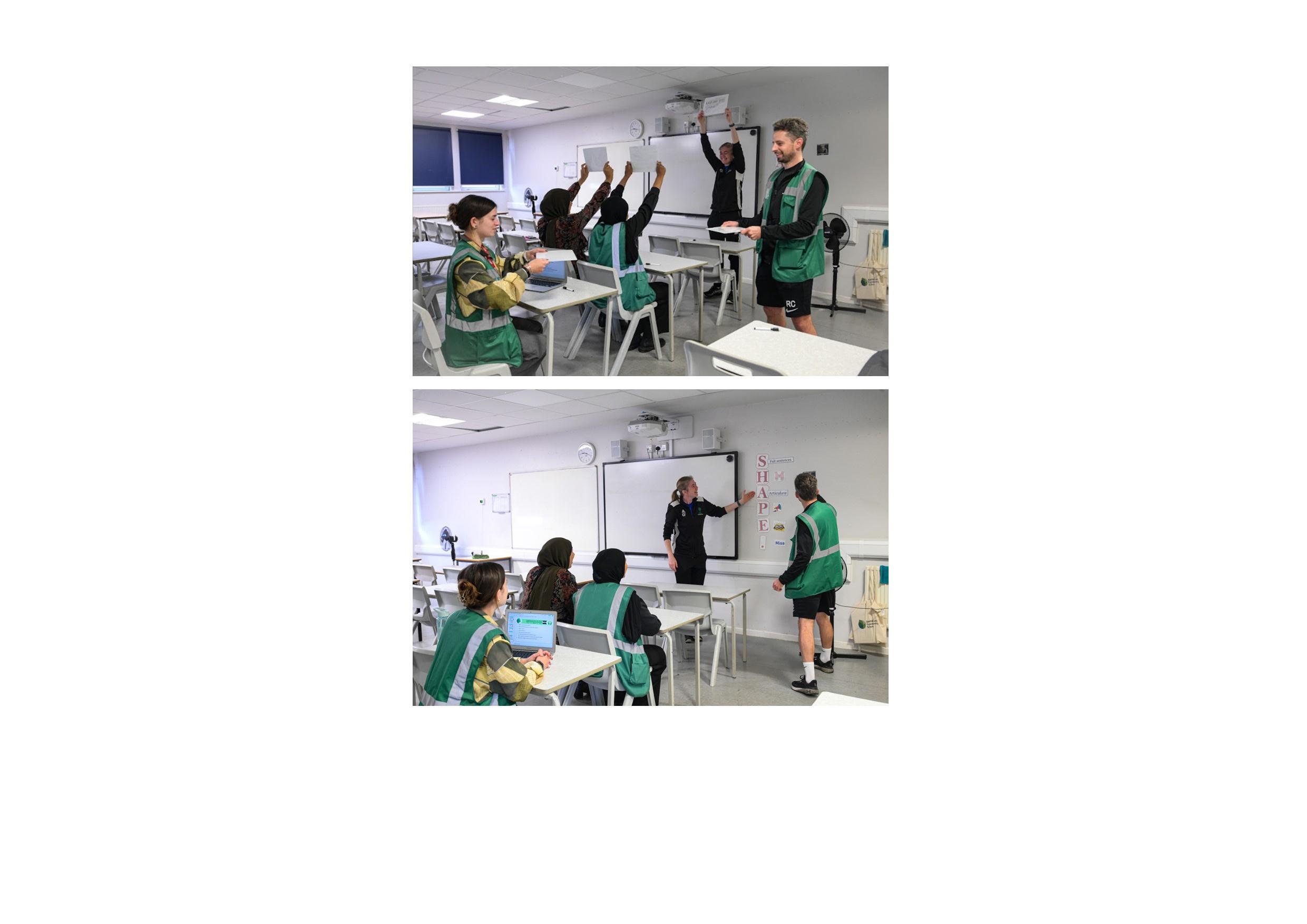
4 minute read
Deliberate Practice: The golden thread of effective PD
By Rob Clark, FGCS
How long does it take to become elite at teaching (or any craft)? What do the people who master their goals do differently compared to the rest of us?
John Hayes investigated the role of effort, practice, and knowledge in top performers. He studied the most talented creators in history, people like Mozart and Picasso, in order to determine how long it took them to become world class at their craft. Furthermore, he has investigated the choices and experiences that have led to their success.
What were his findings? Not a single person produced incredible work without putting in a decade of practice first. These findings have been further confirmed by research from professors like Anders Ericsson, who produced research that revealed that you needed to put in “10,000 hours” to become an expert in your field. A finding that was later popularised by Malcolm Gladwell.
However, as Hayes, Ericsson, and other researchers started digging deeper, they discovered that time was merely one part of the equation. Success wasn’t simply a product of 10 years of practice or 10,000 hours of work. To understand exactly what was required to maximise your potential and master your craft, you had to look at how the best performers practiced.
The term 'deliberate practice' was coined by Ericsson to describe a type of practice which 'is a highly structured activity, the explicit goal of which is to improve performance. Putting in a lot of time might make you tired, but simply working a lot (even if it’s 10,000 hours over the course of your career) isn’t enough to make you a top performer. It’s not the same thing as practicing deliberately. For example, many gym users who think they’re working hard are merely developing the skill of being in the gym, not the skill of mastering their goals.
Let’s dig a little deeper by looking at the career of Kobe Bryant. He is one of the most successful basketball players of all–time. The winner of 5 NBA championships and 2 Olympic Gold Medals. Kobe didn’t merely show up and practice a lot. He practiced with purpose; he practiced deliberately.
In 2012, Bryant was selected as a member of Team USA During this time, one of the athletic trainer’s for Team USA, a man named Robert, was working with Kobe to prepare for the Olympics. Robert described his first experience with Kobe and revealed one of the reasons the superstar became so successful.
Kobe always had a very clear goal during practice.
For example, to make 800 successful jump shots, he deliberately focused on developing the skill of making baskets. The time he spent doing it was almost an afterthought. That sounds simple, but it’s very different from how most of us approach our work each day. When most people talk about working hard, they use the amount of time they worked as an indicator of how hard they worked.
Ericsson defines the components of purposeful practice as the following:
Putting baby steps together to hit a long term goal and having a plan
Feedback: you have to know whether you are doing something right and if not, what mistakes you’re making
Getting outside of your comfort zone; feeling uncomfortable. If you never push beyond your comfort zone, you’ll never improve. A way to monitor your progress Maintaining motivation
How do we make our PD purposeful then?
We know from the work of Peps Mccrea that “PD is the best bet we have for improving the learning and life chances of students in our care. It’s more cost effective than other approaches to improvement, such as reducing class sizes, restructuring schools or providing performance related pay”. Furthermore, Mccrea defines purposeful practice as one of the key ingredients to an effective PD model, referred to as ‘Try it’ in the model below.
We know that changing habits is hard; if we’re not purposeful in our effort to get better, faster then we flip back to our default mode. Making deliberate practice the golden thread of our PD, including the exciting opportunity we have to work with our subject specific coaches this year, we will stay on the edge of our comfort zone and keep improving.
Research suggests that students taught by effective teachers are more likely to attend school regularly, pursue further education, and live happier, longer lives. Crucially, PD compounds - when we become more effective in the classroom, every single child we teach from that point on will benefit.
Deliberate practice is not a comfortable activity. It requires sustained effort and concentration. There is one thing about it though: it works.










